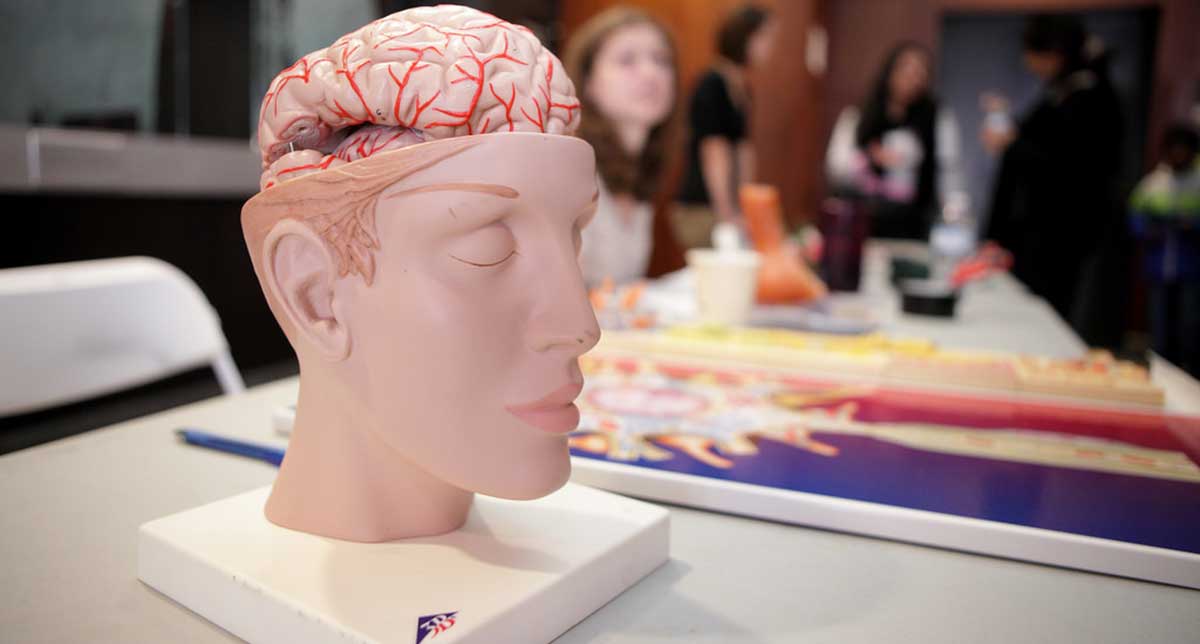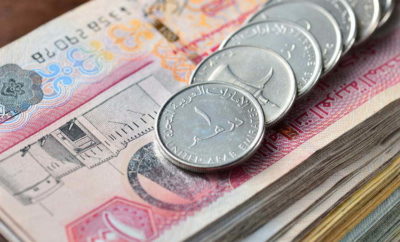Education
Indian-Origin Child Prodigies to Watch out For

A 12-year-old child, Rahul, became an overnight sensation when he appeared on the British TV show, Child Genius.
A 12-year-old child of Indian origin, Rahul Doshi, won the title on British television show Child Genius broadcast by Channel 4. He became an overnight sensation this week when got all 14 of his questions correct when other participants crumbled under pressure.
Rahul was said to have an IQ of 164, which qualifies him to be a member of Mensa– the oldest and largest IQ society in the world. The TV show he is a part of, along with 19 other contestants, had its finale over the weekend, leading to his crowning as UK’s brightest child. Last year, an Indian origin girl named Rhea won the title.
Apart from Rahul and Rhea, here are some other Indian-origin prodigies who have wowed the world with their knowledge and achievements:
1. Reuben Paul
Reuben Paul, at the age of 11, is a hacker, app developer, cybersecurity expert and the CEO of the game development firm, Prudent Games, from Austin, Texas. He founded PrudentGames in 2014. Paul is also an acclaimed speaker who was asked to preside over the dais at Ground Zero Summit 2015 (when he was 9!) — which is one of the biggest hacker conferences in the world. Paul had told Times of India at the summit, reminiscing about his favourite hero Spider-Man: “With great hacking skills you get power, and with great power comes great responsibility.”
Recently, Paul shocked cybersecurity experts at The Hague Convention by demonstrating the ease with which he could hack into their bluetooth devices. He was trying to make a point about how connected toya could be used for malicious purposes. He did this by deploying a teddy bear capable of connecting to the cloud through Wi-Fi and Bluetooth as a means of receiving and transmitting messages. When he plugged in a device called Raspberry Pi, he was able to scan the hall for available Bluetooth devices. He could then download confidential and sensitive information, including phone numbers and contacts.
2. Shubham Banerjee
Born in Hasselt, Belgium, and now living in San Jose, California, 13-year-old Shubham Banerjee has developed low cost machines to print Braille, the tactile writing system for the visually impaired. With this he started Braigo — a play on words Braille and Lego — a startup that got its capital from tech giant Intel Corp. According to Intel officials, he is the youngest entreprenuer to receive venture capital. When Shubham learnt that Braille printers, called Embossers, cost at least $2,000, he was shocked. He went on to develop a printer that costs around $350 and weighs just a few pounds as opposed to 20. The machine can be used to print Braille reading materials on paper from a personal computer or even electronic device.
3. Tanishq Abraham
Born in Sacremento, California, 13-year-old Tanishq Abraham is a holder of three college degrees. When he was four, he became a member of Mensa, the high IQ society. According to Wikipedia, Tanishq and his sister Tiara are the youngest South Asians to join Mensa and are among the youngest Americans in the group. When Tanishq was five, he completed math courses offered by Stanford University’s education Program six months. When he was 7, he was doing geology and astronomy courses in American River College, which he cleared with A grade. He graduated from high school at the age of 10 and was the youngest person to speak at NASA’s conferences in July 2012. He also has a TED talk, which he did in 2012, under his belt. His sister Tiara recently released a music album with holiday songs in six languages
4. Ishwar Sharma
Ishwar Sharma, 7, from Kent won two gold medals in International Yoga championship 2017. Ishwar and his father were both participating in a competition where 16 countries and over 1,000 people took part. He is two-time UK National Yoga champion and was shortlisted for the Youth Achievers of the Year 2017 at British Indian Awards.
The extraordinary successes of Indian-origin children abroad, especially in academic pursuits, seems to baffle many, especially since they do not form a large majority of the population. A BBC report elaborates: “In the case of second generation Indian-Americans, the selection of the parents who immigrated to the US is perhaps the most important factor. Many of these parents have extremely high levels of educational attainment themselves – over a third have postgraduate degrees and another one-third have college degrees.”
The suggestion is that these parents are highly educated and value education. A trickle down of this fact is that you barely see people of Indian origin in professional sports leagues or in a musical orchestra.




You must be logged in to post a comment Login